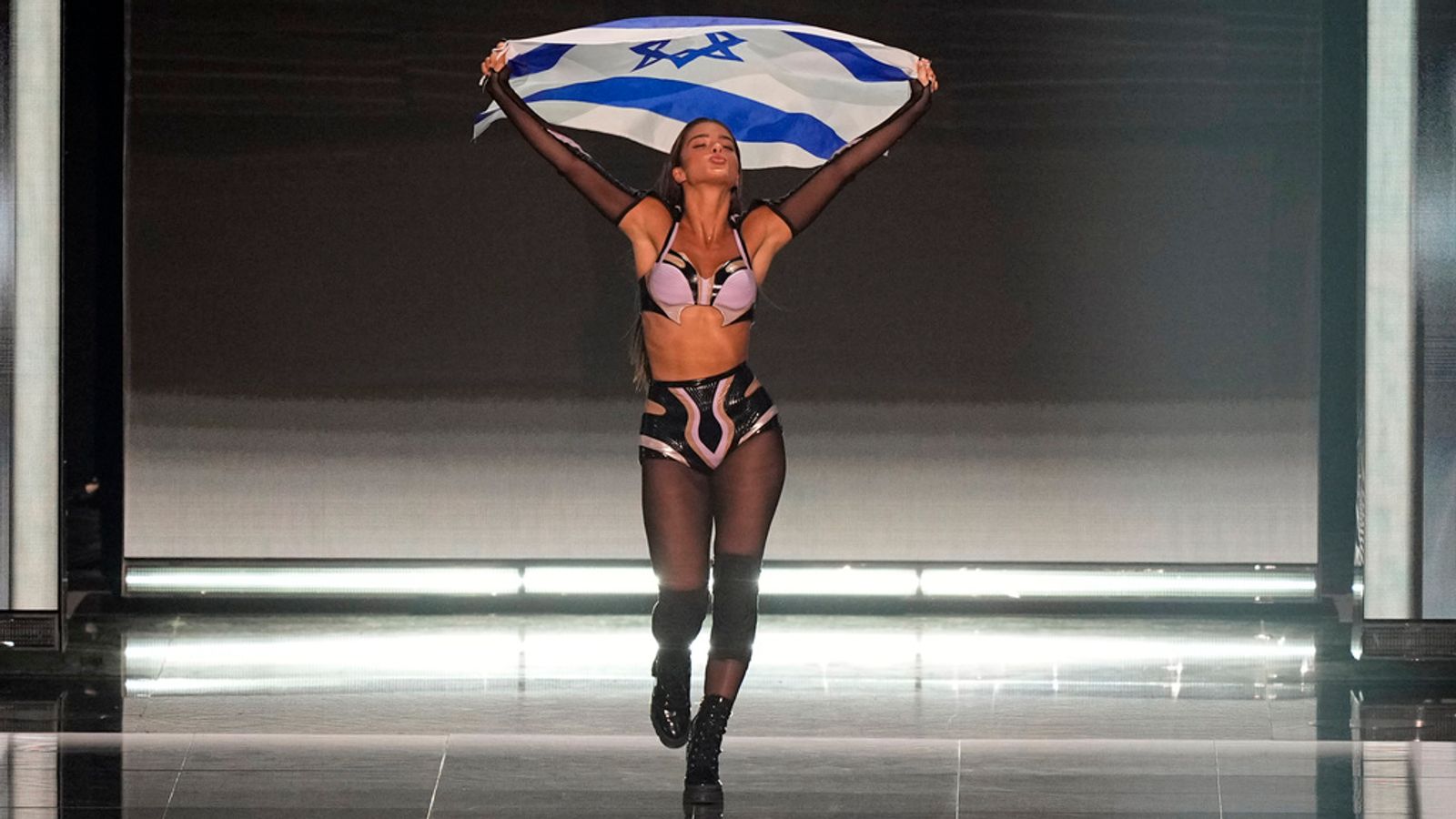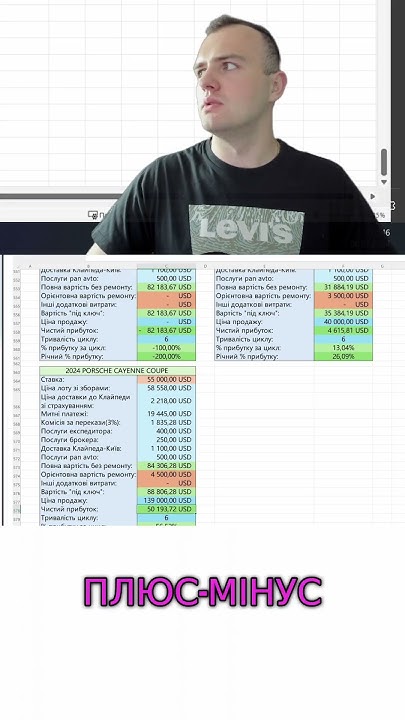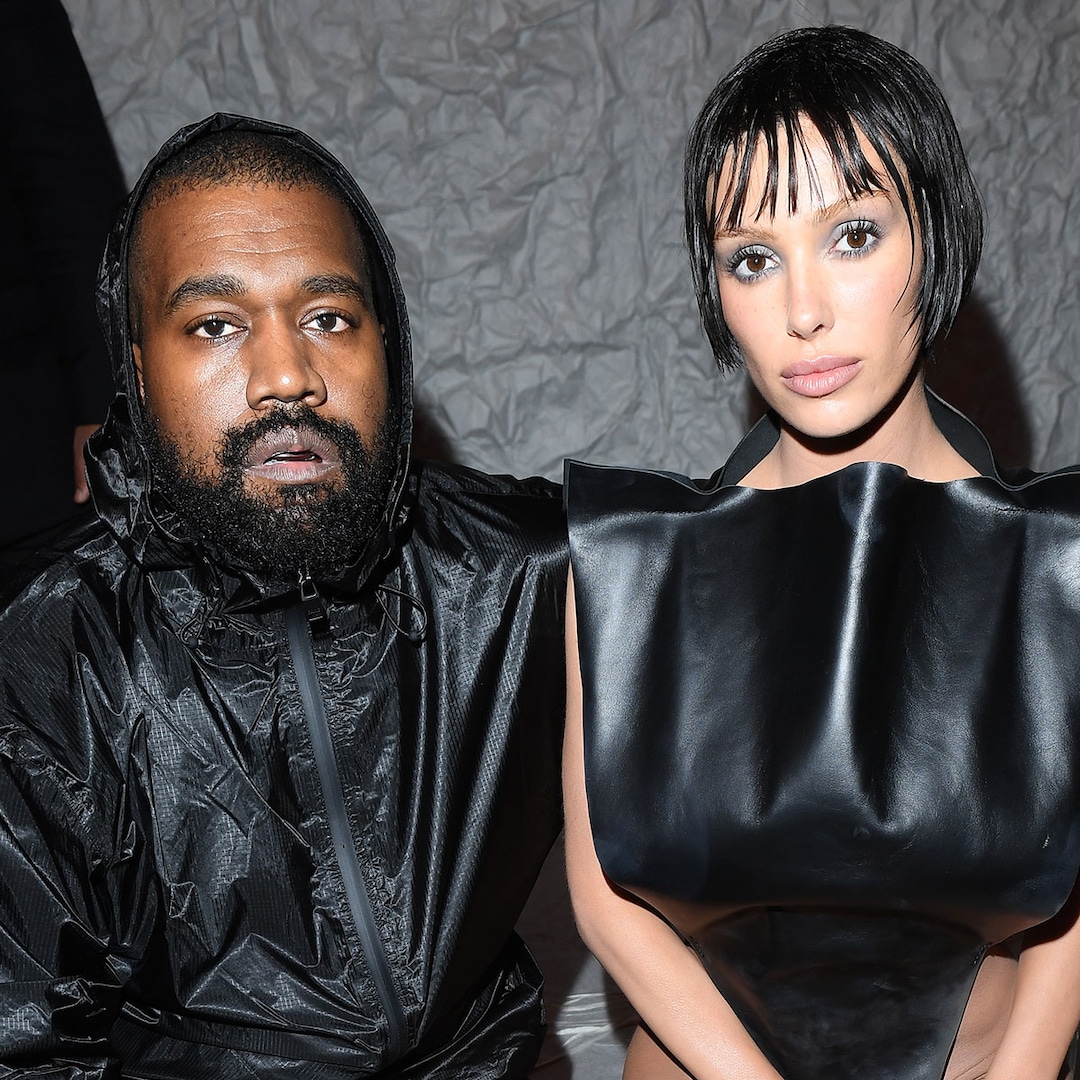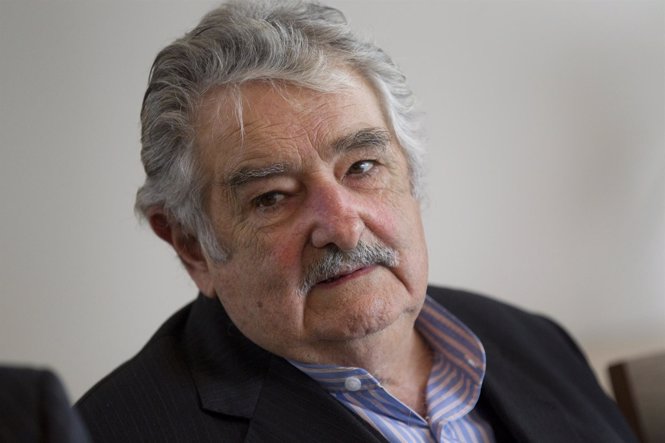Israel Eurovision Controversy: Director Responds To Boycott Demands

Table of Contents
The Origins of the Israel Eurovision Controversy
The decision to hold Eurovision in Israel has historically sparked controversy. Previous contests held in the country have faced boycotts, often driven by concerns over Israel's occupation of Palestinian territories and its treatment of Palestinians. The current Israel Eurovision controversy is amplified by recent events, including heightened conflict in the region and ongoing human rights concerns documented by various international organizations.
- Human Rights Organizations Involved: Human Rights Watch, Amnesty International, and other prominent organizations have publicly voiced their concerns and called for a boycott of the event, citing Israel's human rights record.
- Criticisms of Israel's Hosting: Critics argue that hosting Eurovision in Israel serves as a form of "sportswashing," using the event to deflect attention from human rights violations and the ongoing Israeli-Palestinian conflict. They contend that the event legitimizes Israel's actions on the world stage.
- Relevant News Sources and Statements: Numerous news outlets, including the BBC, Al Jazeera, and The Guardian, have extensively covered the controversy, reporting on statements from various organizations and individuals involved in the boycott calls.
The Director's Response to Boycott Calls
Facing intense pressure, the Eurovision director has issued an official statement addressing the Israel Eurovision controversy. The statement acknowledges the concerns raised but defends the decision to hold the event in Israel, emphasizing the contest's commitment to inclusivity and its role as a celebration of music and cultural exchange.
- Direct Quotes from the Director's Statement: "[Insert direct quote from the director's statement addressing the controversy, emphasizing inclusivity or similar themes]." "[Insert another relevant quote, perhaps addressing criticism directly]."
- Director's Position on Criticisms: The director's response largely centers on the idea that Eurovision is above politics and should be a platform for uniting people through music. Specific criticisms regarding human rights violations were, however, not directly addressed in detail.
- Vision for an Inclusive Event: The director's statement highlights plans to ensure the event is inclusive and respects the diverse perspectives of participants and viewers. However, the specifics of these plans remain largely undefined.
Addressing Concerns Regarding Human Rights
The director's response to the Israel Eurovision controversy, while acknowledging concerns, falls short of directly addressing specific human rights violations. While the director's statement emphasizes inclusivity, it lacks concrete plans to meaningfully engage with the criticisms levelled against Israel's human rights record.
- Specific Plans to Address Concerns: [Insert any concrete plans mentioned by the director or organizers, if available. If no concrete plans are detailed, this should be explicitly stated.]
- Quotes from Human Rights Groups: [Include quotes from human rights organizations commenting on the adequacy of the director's response. This section should reflect the criticism or approval from relevant groups].
- Impact on the Boycott Movement: The response's impact on the boycott movement remains unclear. While some might view it as inadequate, others might see it as a step towards dialogue. The effectiveness will be determined by future actions and ongoing discussions.
The Wider Impact of the Controversy on Eurovision
The Israel Eurovision controversy presents a considerable challenge to Eurovision's reputation and future. The ongoing debate risks alienating viewers and potentially impacting participation in future contests.
- Potential Effects on Future Hosting Bids: The controversy could deter countries from bidding to host the event in the future, particularly those with complex geopolitical situations.
- Impact on the Eurovision Brand's Image: The negative publicity surrounding the event could tarnish the Eurovision brand, potentially affecting its popularity and long-term viability.
- Broader Political Implications: The controversy highlights the difficult balance between international entertainment events and the complex political realities of the host country.
Conclusion
The Israel Eurovision controversy presents a significant hurdle for the 2024 contest. The director's response, while aiming to address concerns, has not fully silenced the calls for a boycott. The future of the event remains uncertain, emphasizing the intersection of international entertainment and geopolitical realities. The ongoing debate surrounding the Israel Eurovision controversy underscores the need for careful consideration of human rights implications when selecting host countries for major international events. Stay informed about the evolving Israel Eurovision controversy and its impact on the event. Follow our coverage for the latest updates and analysis on this developing situation.

Featured Posts
-
 Fecha 27 La Liga R Sociedad Vs Sevilla Cobertura En Vivo
May 14, 2025
Fecha 27 La Liga R Sociedad Vs Sevilla Cobertura En Vivo
May 14, 2025 -
 Povernennya Damiano Davida Realnist Chi Mriya
May 14, 2025
Povernennya Damiano Davida Realnist Chi Mriya
May 14, 2025 -
 Bianca Censoris Life Under Kanye Wests Alleged Control An Insider Perspective
May 14, 2025
Bianca Censoris Life Under Kanye Wests Alleged Control An Insider Perspective
May 14, 2025 -
 Muere A Los 89 Anos El Expresidente De Uruguay Jose Mujica
May 14, 2025
Muere A Los 89 Anos El Expresidente De Uruguay Jose Mujica
May 14, 2025 -
 New Animated Ted Series Coming Soon With Wahlberg And Seyfried
May 14, 2025
New Animated Ted Series Coming Soon With Wahlberg And Seyfried
May 14, 2025
